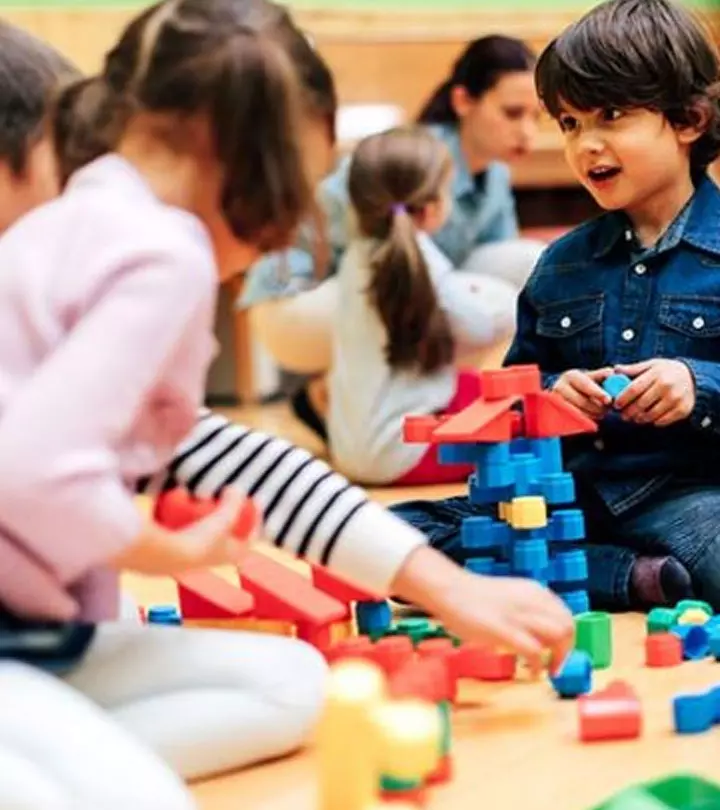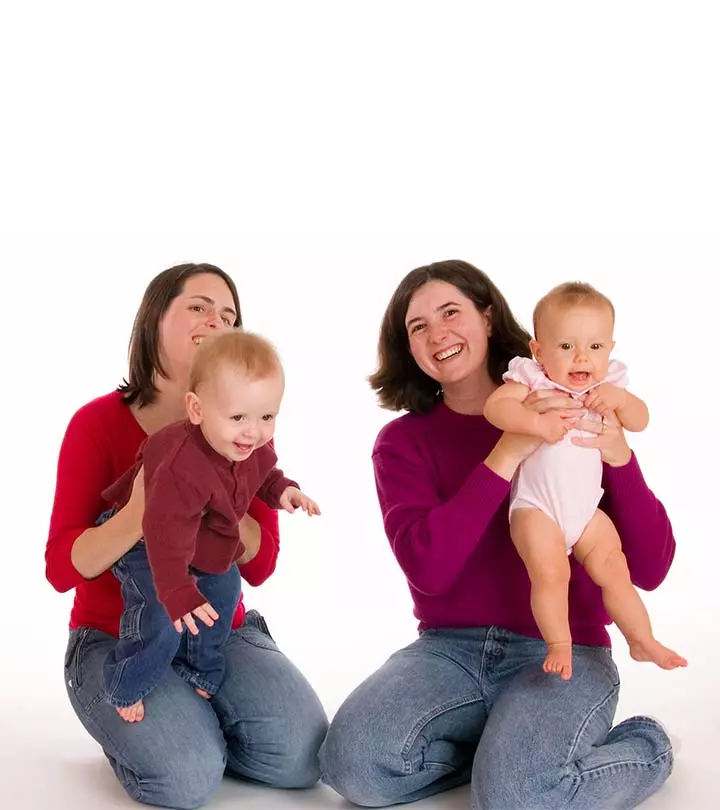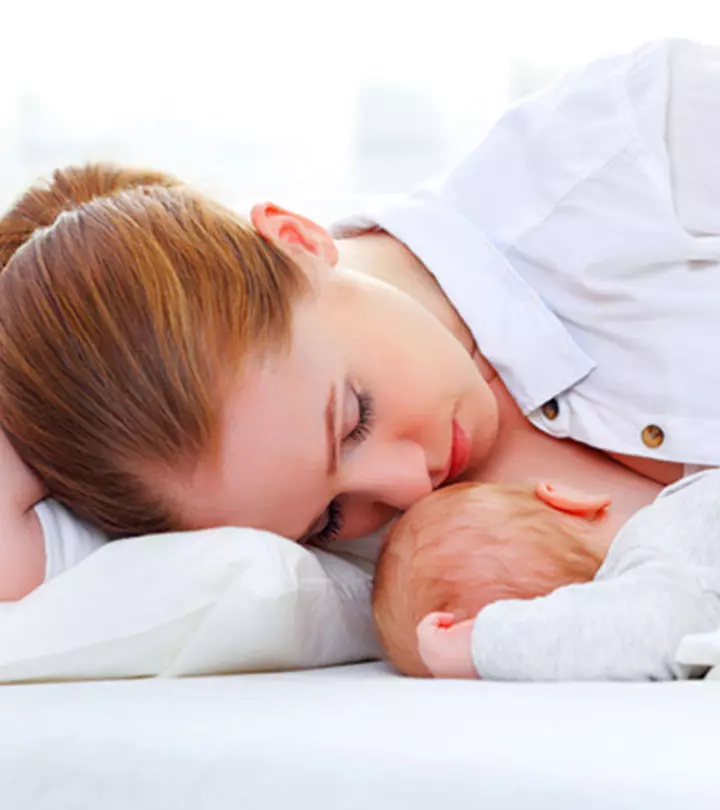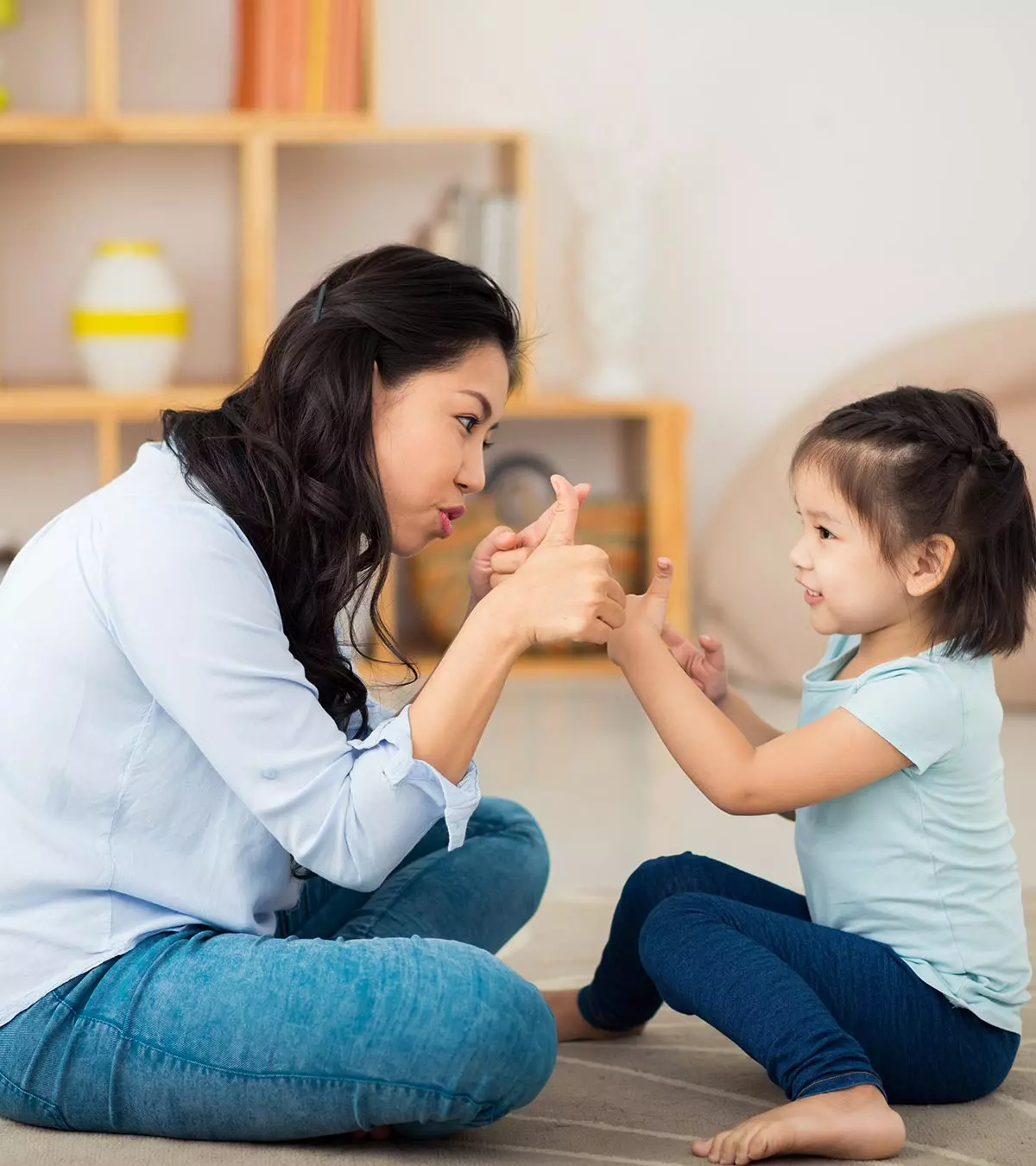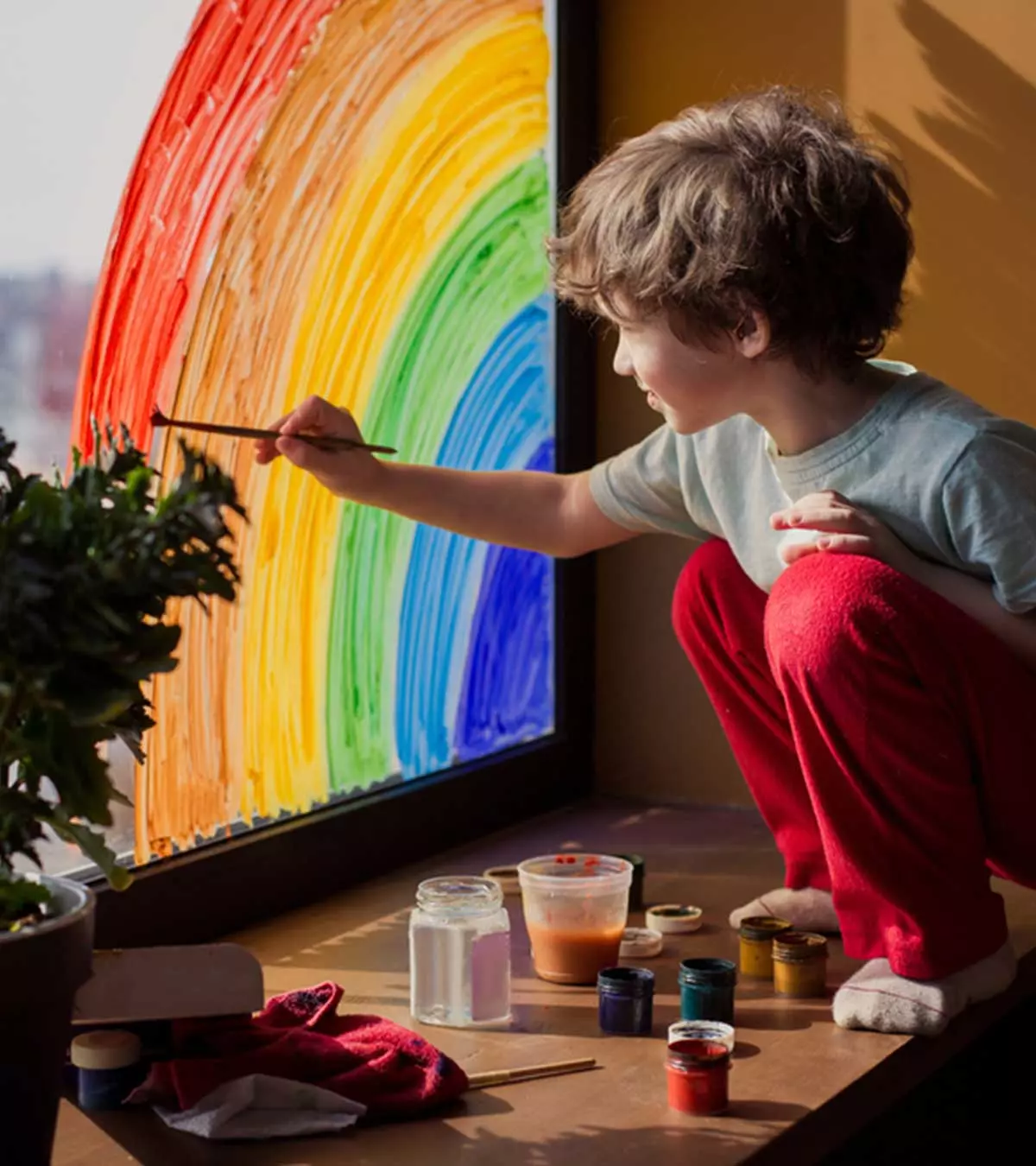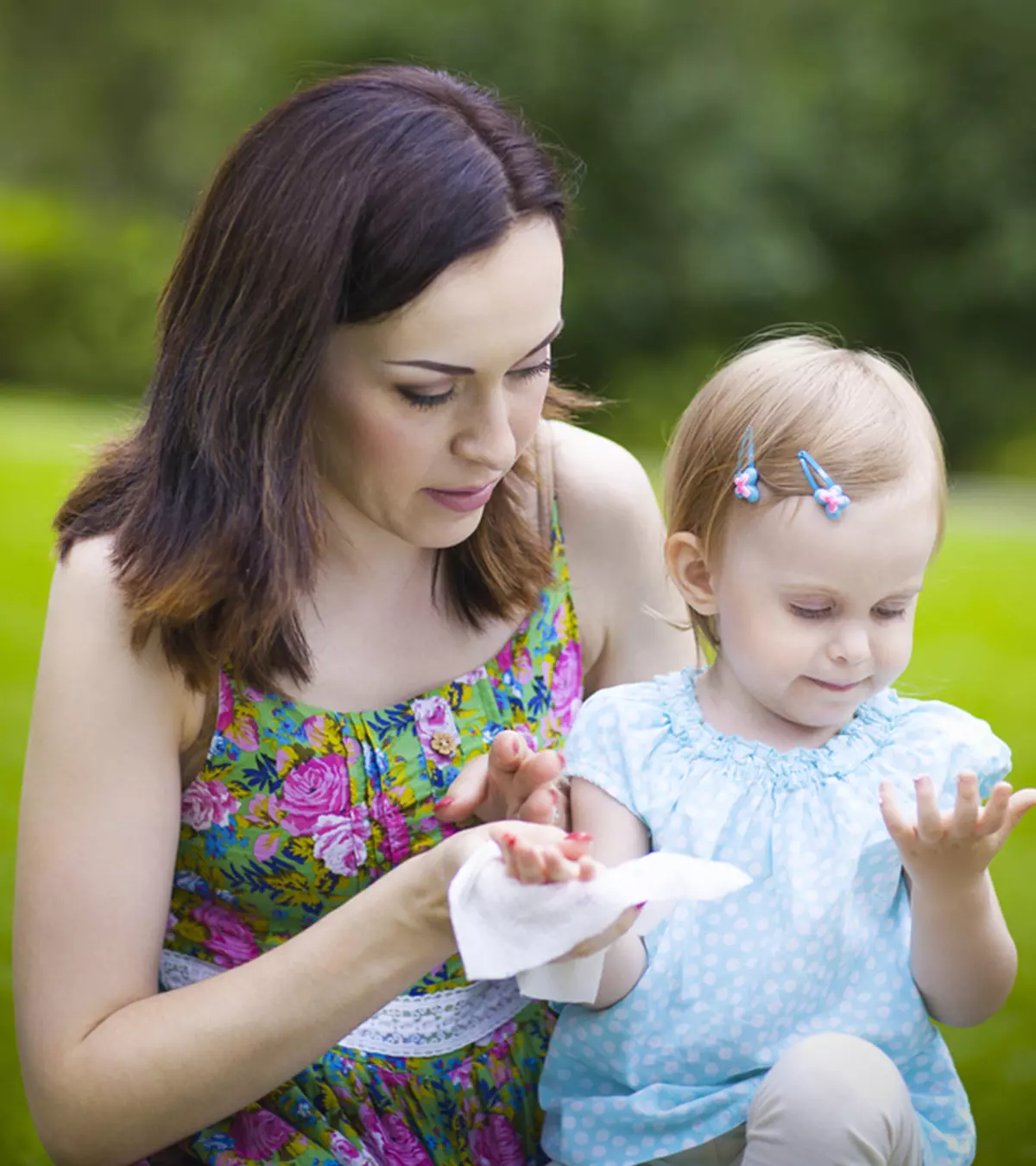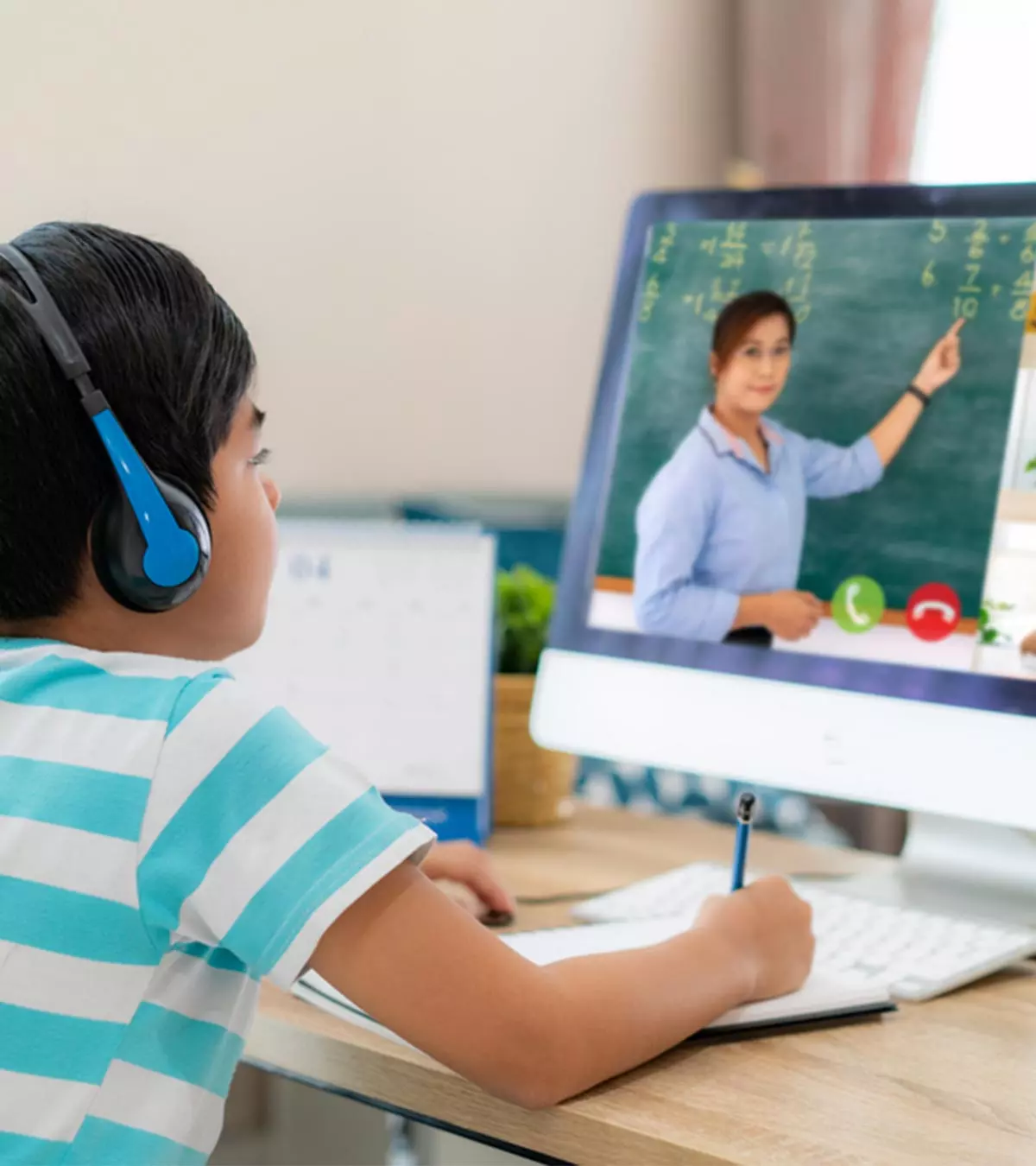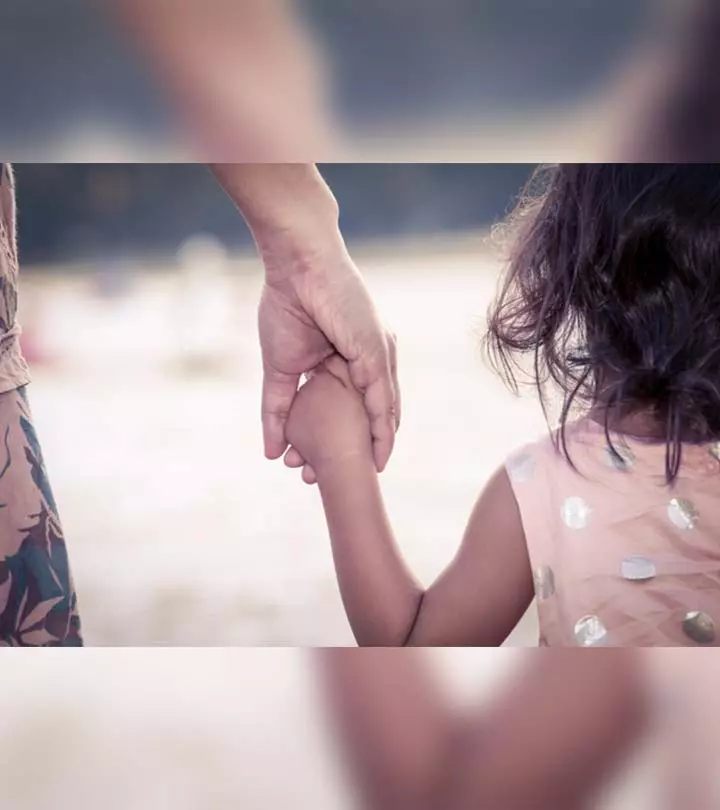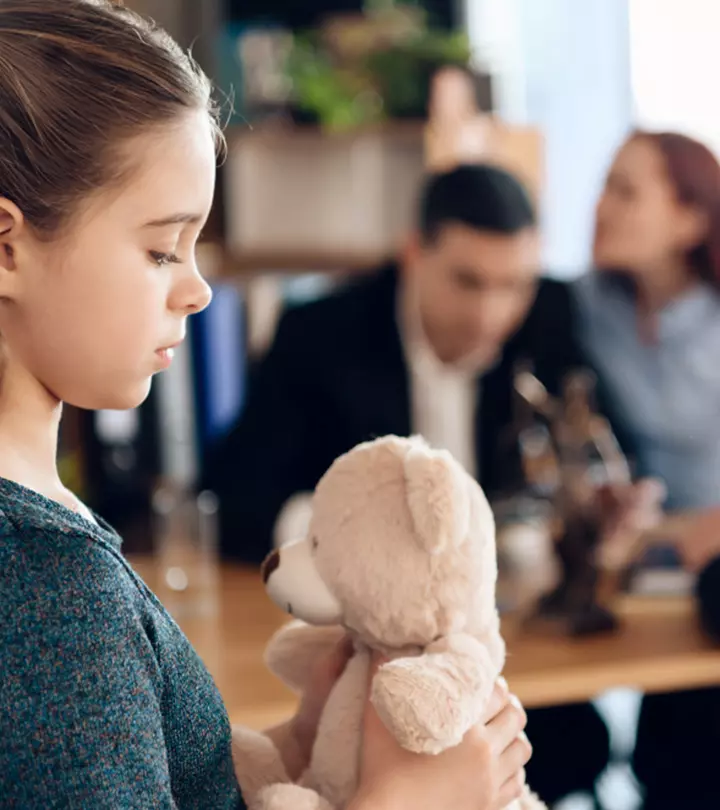
Image: Shutterstock
Going through a divorce can be tumultuous and takes a toll on both sides. Often it’s harder on the kids, who go through great emotional struggle in this. As parents decide to part ways, children remain the binding thing among them which puts all the more pressure on them. They are often required to make a decision on who they decide to stay with. This decision itself is a hard one. And in the case where siblings get separated, the pain and struggle can be greater. As both parents go through much emotional turmoil during this period chances are that they find it difficult to give their best attention to their kids. Be it quarrels, fights, or absenteeism, parents end up making mistakes that they wish they didn’t. However, not all is lost. With some tact, you and your co-parent can remain hopeful about raising a kid you’ll be proud of.
Helping kids adjust to a divorce between caregivers is the duty of co-parents. Once you know the common mistakes that co-parents generally make, you’ll be better equipped to make positive strides. Thus, even before the missteps begin to creep into your parenting and become major issues later, you should put some practical strategies to work.
How Does Divorce Affect A Young Child?
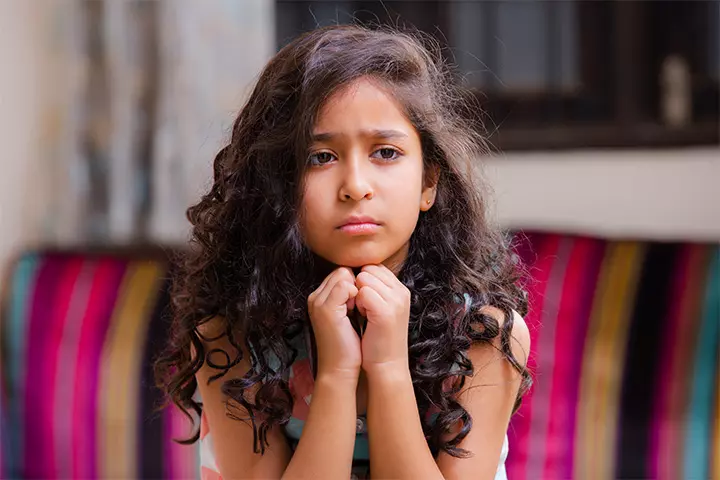
Image: IStock
Before we begin our discussion on what can be done to prevent the psychological toll of divorce on children, it’s essential to know how it impacts children in the first place.
Divorce between parents can cause irreparable damage to some children. Research says that the first two years after a divorce are the hardest on a child. They are vulnerable and likely to experience anger, anxiety, shock or disbelief, and distress (1). While some kids may be resilient and adapt quickly to the changes, others may never bounce back to “normal”.
Here are the most common effects of parental separation or divorce on children that you must take note of (2):
- They may feel that if their parents can move away from each other (as they let go of the bond shared in the past), they might also stop loving them.
- They may feel guilty about doing something that they believe led to the divorce between parents. So, they could also indulge in self-blame and guilt.
- They may express temper tantrums or sudden outbursts of emotions.
- They could start holding one parent responsible, resent either of them or both for the breakdown of the family structure.
- Other behavioral problems could manifest as conduct disorders like hostility, delinquency, substance abuse, or indiscriminate intimate relationships during adolescence or as adults.
Three Mistakes To Avoid To Help Your Child Cope With Divorce
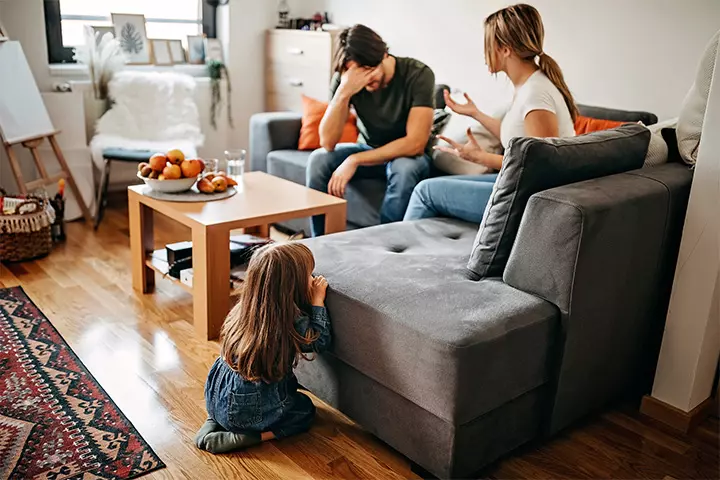
Image: IStock
In between custody battles, parenting can often become a fertile ground for competition between co-parents. Co-parents need to understand that their support, good judgment, and emotional availability can influence their child’s well-being in a significant way. Here are three mistakes that co-parents should avoid in the best interest of their kid:
1. Holding On To Trivial Matters
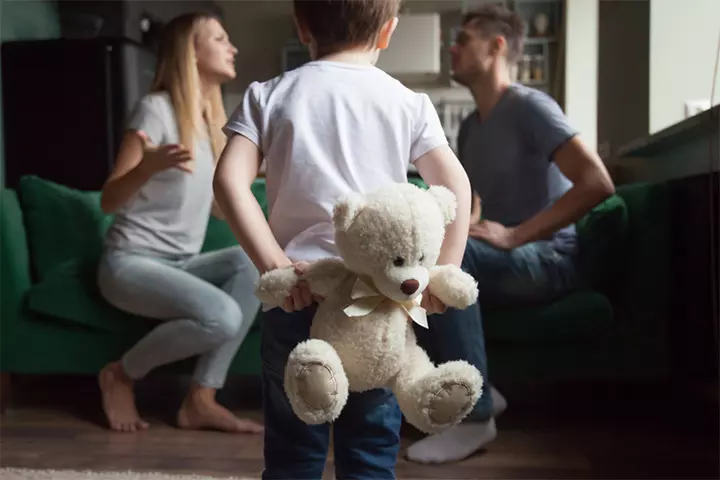
Image: Shutterstock
To co-parent peacefully, avoid the urge to criticize your co-parent and make out of the blue demands that force additional burdens or responsibilities on them. For example, your child may forget items at the other co-parent’s place. It’s best to set up a dedicated space at each home for your child. Make a list of things your child regularly needs. Keep the essentials (if not those special objects they cannot do without) readily available for them when they are transferred between co-parents. It will also help you cut down on unnecessary arguments over things the child forgot to carry along. If you still miss out, apologize and make up for it the next time. This way, your child will be saved from the distress of seeing parents crib, argue, or fight (3).
2. Failing To Consistently Discipline Your Child
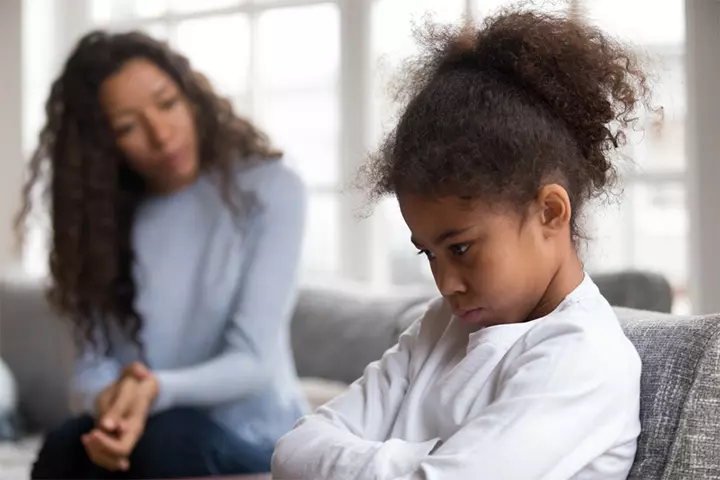
Image: Shutterstock
Studies show that effective discipline (with age-appropriate rules) can help kids of divorced parents improve academic performance and display reduced delinquency (4). It is common among divorced parents to overindulge their kids as compensation for divorce-related problems.
To make things right, some parents end up spoiling their kids with plenty of gifts or letting them have their way every single time. While saying “yes” isn’t always bad for your child, making it a habit can make them feel entitled and inspire them to have unrealistic expectations from everyone and life in general. So, when you aren’t available at their beck and call or refuse to allow them to do as they please, they may get frustrated and express anger, sometimes, in a violent way. So, set age-appropriate rules and be consistent in disciplining them.
3. Disempowering And Making Them Feel Unsafe
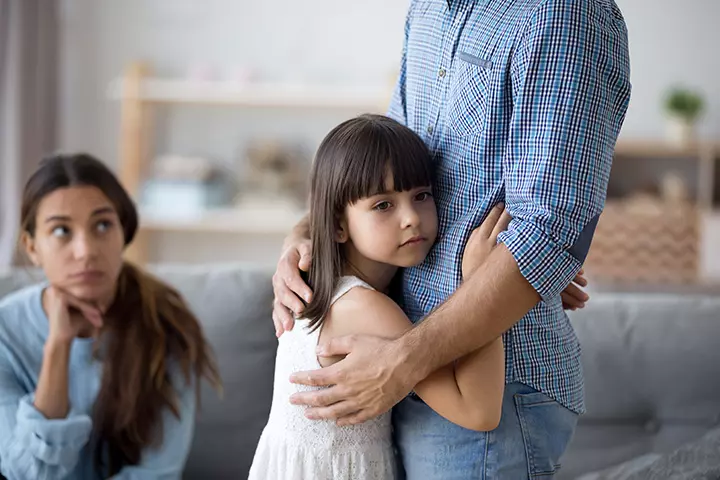
Image: IStock
Instead of deciding everything for your child post-divorce, allow them to choose who they wish to live with. So, instead of making them feel like a victim at the receiving end of a painful separation from another parent, let them make a choice (if they are older kids) and respect their opinion. Kids may not want to hurt one parent to please the other, so if they choose not to express an opinion, that should be okay too.
Most children are likely to feel abandoned and uncertain about what lies ahead of them when parents undergo a huge life event like a divorce. So, making them feel loved, protected, and secure by acknowledging their emotions can help them cope with mental health problems like stress, fear, or anxiety (5).
Divorce can suddenly put a great demand on your child to be mature, which can be a blemish on their childhood. As a co-parent, too, it’s exhausting and endlessly taxing as you juggle alone between your own needs and that of the child all by yourself. But know that you can rectify the mistakes with better communication and summon the will to compromise and make adjustments. After all, despite your irreconcilable issues as co-parents, you still want the best for your child. What other common co-parenting mistakes can you think of? Do you have more to add to this list? Do share your thoughts with us in the comments below!
References
- Deconstructing the Impact of Divorce on Children
https://www.jstor.org/stable/24576133 - Parental divorce or separation and children’s mental health
https://onlinelibrary.wiley.com/doi/10.1002/wps.20590 - The Impact of Family Structure on the Health of Children: Effects of Divorce
https://journals.sagepub.com/doi/10.1179/0024363914Z.00000000087 - Postdivorce Coparenting Relationships and Parent–Youth Relationships: Are Repartnership and Parent–Youth Contact Moderators?
https://journals.sagepub.com/doi/10.1177/0192513X18821395 - Impact of Divorce on Children: Developmental Considerations
https://pedsinreview.aappublications.org/content/33/4/147
Community Experiences
Join the conversation and become a part of our nurturing community! Share your stories, experiences, and insights to connect with fellow parents.

